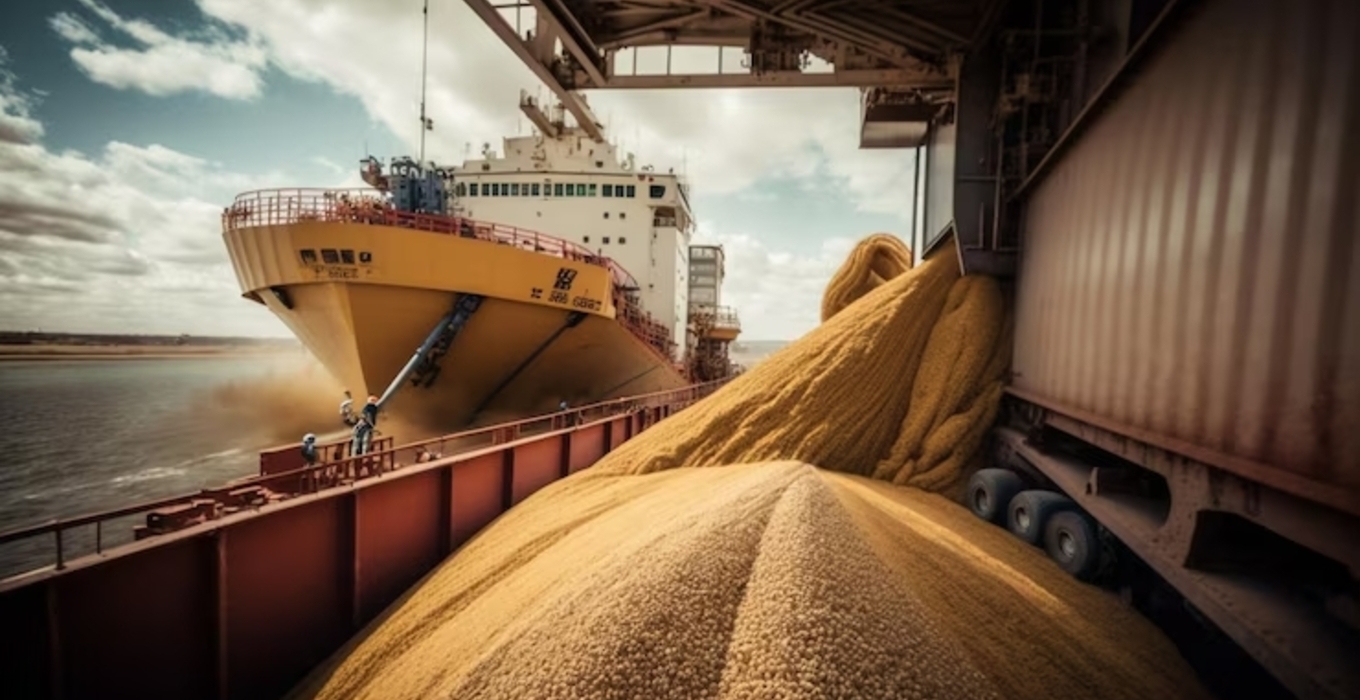

President Joko Widodo lifted a 20-year restriction on exporting dredged sand in Government Regulation No. 26/2023, allowing for its usage in land reclamation and infrastructure construction.
Government Regulation No. 26 of 2023, which established the prohibition, was initially put into effect in 2003 by then-President Megawati Sukarnoputri in an effort to save Indonesia's coastal wildlife.
According to the legislation, marine sediments may only be exported if they meet all applicable legal criteria. The government is certain that this strategy will help the nation's reclamation projects fulfil the requirements they have and generate revenue. According to Trade Minister Zulkifli Hasan, there would likely be a significant domestic market for sea sand, particularly for massive barrier constructions intended to address land subsidence in coastal regions. In order to guarantee that domestic initiatives receive the resources they require as a priority, the government is dedicated to giving precedence to domestic demands in upcoming comprehensive rules.
More recently, the Indonesian government has emphasized that building massive sea walls in the approaching sea region would be given priority. This has created new chances and problems for several domestic firms.
According to the new regulations, exports of marine sediments are permitted as long as they meet domestic demand and adhere to applicable legal requirements. This clause establishes a legal foundation for exports, allowing the priority right for home goods. Ministerial regulations will establish the precise standards for domestic demand. The government has tightened regulations on the mining and export of marine sediments to stop illicit activity.
Other than that, all mining and export operations must have a valid license and adhere to stringent environmental protection guidelines. In order to guarantee sustainable resource usage and lessen its impact on the environment, the government also intends to use more sophisticated mining methods.
Several factors also affect the country itself. Domestic demand for sea sand has expanded dramatically as Indonesia's infrastructure development has accelerated, particularly with the construction of a new capital city. In order to prevent a lack of domestic resources as a result of exports, the government will conduct a thorough requirements assessment and make sure that local initiatives receive the required resources first.
With Indonesia’s plans to build a massive seawall, requiring sea sand and construction materials, foreign construction and engineering companies can gain new market opportunities by participating in these projects. This will increase impact throughout Southeast Asia in addition to broadening the business's area of influence. However, supply constraints may affect land reclamation and infrastructure projects, leading to higher sea sand prices and increased project costs.
In order to mitigate this risk, foreign businesses must evaluate it and create contingency plans like sourcing substitute components or streamlining the supply chain. Foreign enterprises can reduce risk and adjust to legislative changes by cooperating and sharing resources. Through partnerships with nearby enterprises and governmental organizations, they might create substitute resources and enhance supply chain management.